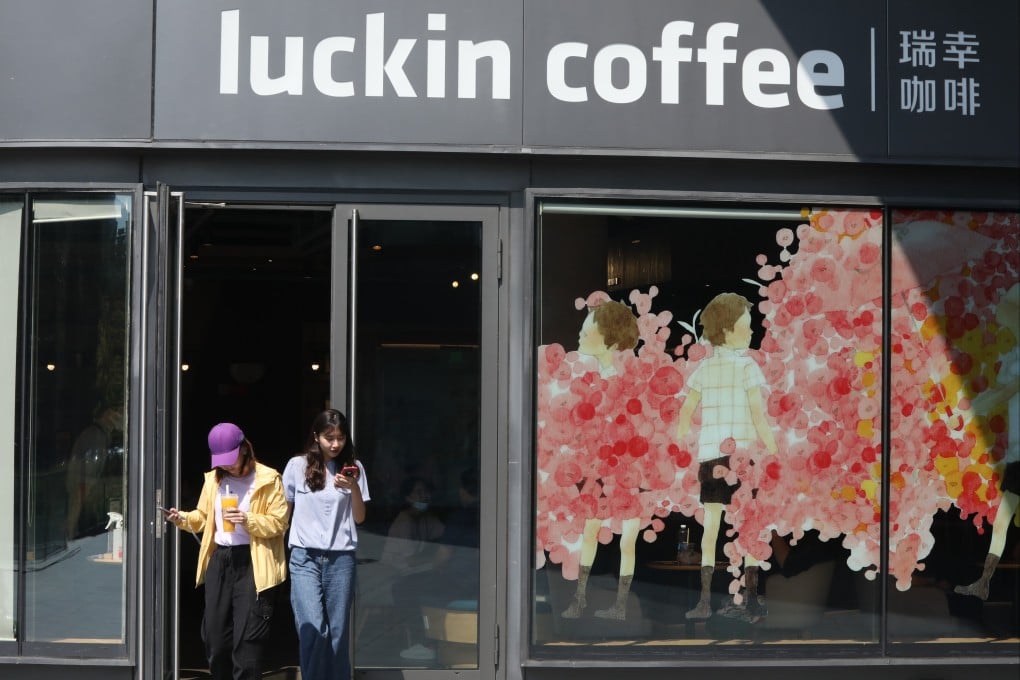Exclusive | Luckin Coffee plans to list in Hong Kong as the Chinese Starbucks wannabe plots a comeback from its Nasdaq expulsion after restructuring
- After two years of debt restructuring with bondholders, Luckin Coffee emerged from bankruptcy order last month
- Luckin expanded to over 6,000 stores at the end of last year, surpassing Starbucks’ 5,400 in China

The chain, headquartered in the Fujian provincial city of Xiamen, obtained a so-called “light touch provisional liquidation” approval from the Cayman Islands that allowed a new management team to work with its liquidator to keep its business growing in China after firing three senior executives for fraud.
“The light touch regime allowed [Luckin’s] board to continue running the business, which is essential because it allows someone who knows the coffee business to continue to run the network,” said Tiffany Wong Wing-sze, managing director of the consulting firm Alvarez & Marsal, the provisional liquidator of Luckin since July 2020. “It’s rare for a company like Luckin to complete its restructuring so quickly; it needs the cooperation of the management, employees, the creditors and regulators.”

Luckin’s comeback is a remarkable turnaround for a company built on speed. It took just 19 months from its very first coffee kiosk to its May 2019 initial public offering (IPO) on the Nasdaq market in New York.